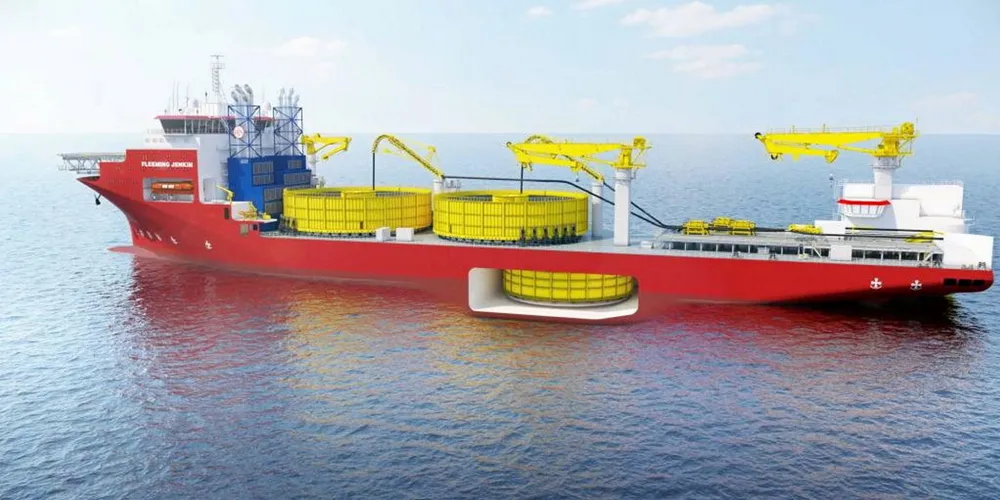Egypt signs up Jan De Nul for 1,000km 'green power to Europe' mega-cable plan
Flagship project one of several aiming to help cut dependence on Russian gas

An ambitious plan to pipe green energy from Egypt to Europe via a 1,000km undersea cable has taken another step forward as the country inks a deal laying the groundwork for the project.
Belgian contractor Jan De Nul announced today (Monday) that it had signed a “milestone agreement” with Egypt to start a study for the construction of the cable, which will transport more than 2GW of solar and wind power.
The company did not say which European country the cable would connect to but said that Egypt had “reaffirmed” its plans for the project in September.
That project is being led by Greece's Copelouzos Group and Infinity Power, a joint venture between Masdar and Egypt’s Infinity.
The current longest interconnector cable between Denmark and Britain measures 765km, said Jan De Nul – making the new 1,000km cable envisaged the longest of its type globally. “To make it even more challenging,” it said water depths along the cable track run up to 3km.
The company said it will now carry out a financial and technical study with the ultimate intention of participating in the development of the project.
“We are building this ship for exactly this type of project: long distances, great depths.”
“Egypt is clearly a pioneer in energy transition for the African continent and we look forward to supporting it in this,” he added.
The GREGY interconnector, described by the European Commission as a “flagship project,” will help the bloc in its efforts to wean itself off Russian gas following the invasion of Ukraine, as well as meeting net zero targets.
Copelouzos last month said that the project had been included on a European Commission list of “Projects of Mutual Interest,” which benefit from accelerated permitting procedures and funding, although this still needed to be ratified by the European Parliament and the European Council.
Copelouzos said the project would be for 3GW of capacity produced by 9.5GW of renewable energy sources that it and Infinity Power would build and operate in Egypt.
It says that a third of the energy will be evenly split between use for Greek homes and industries, export to neighbouring countries, and use in Greece to produce green hydrogen for export in the EU.